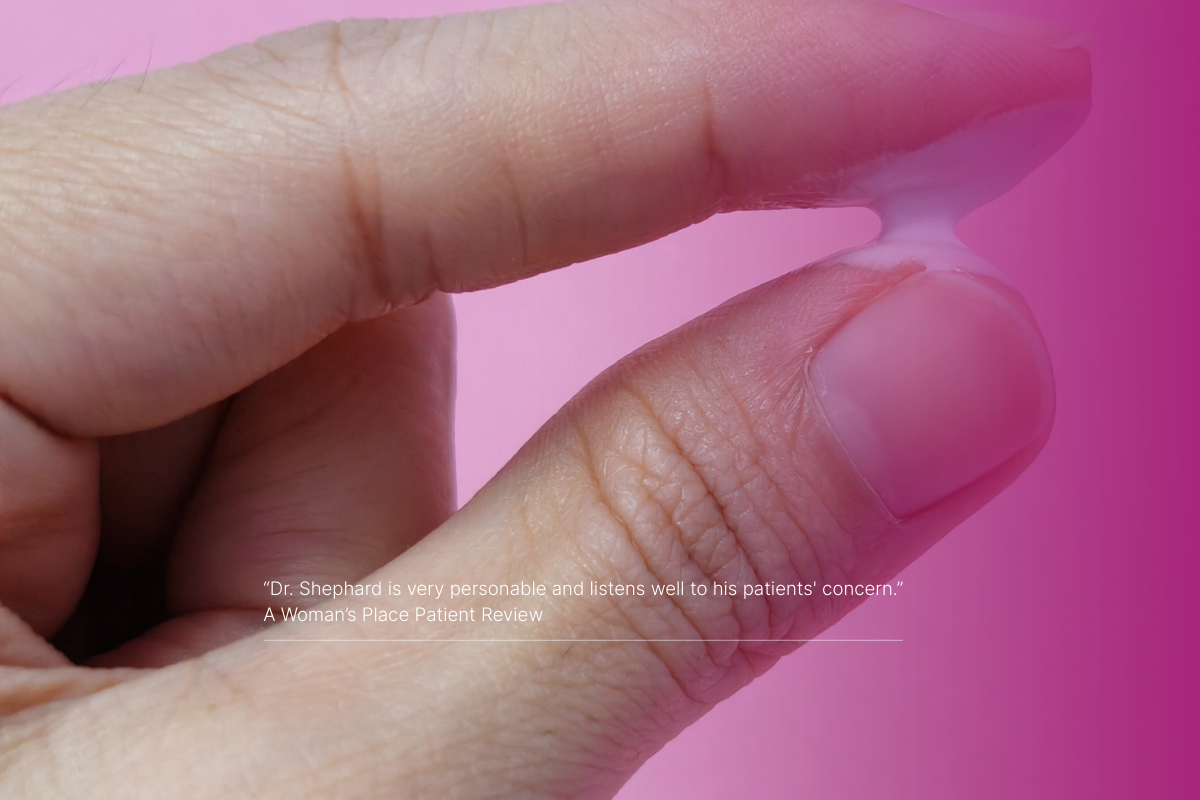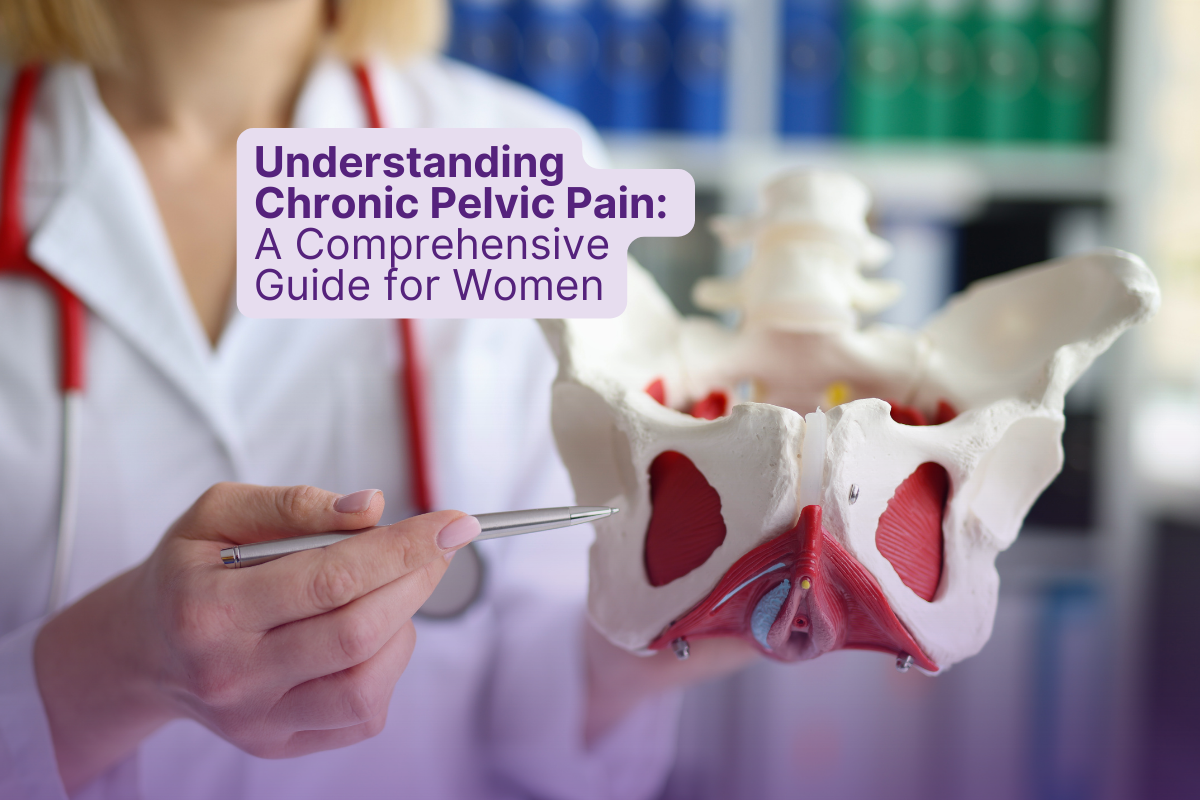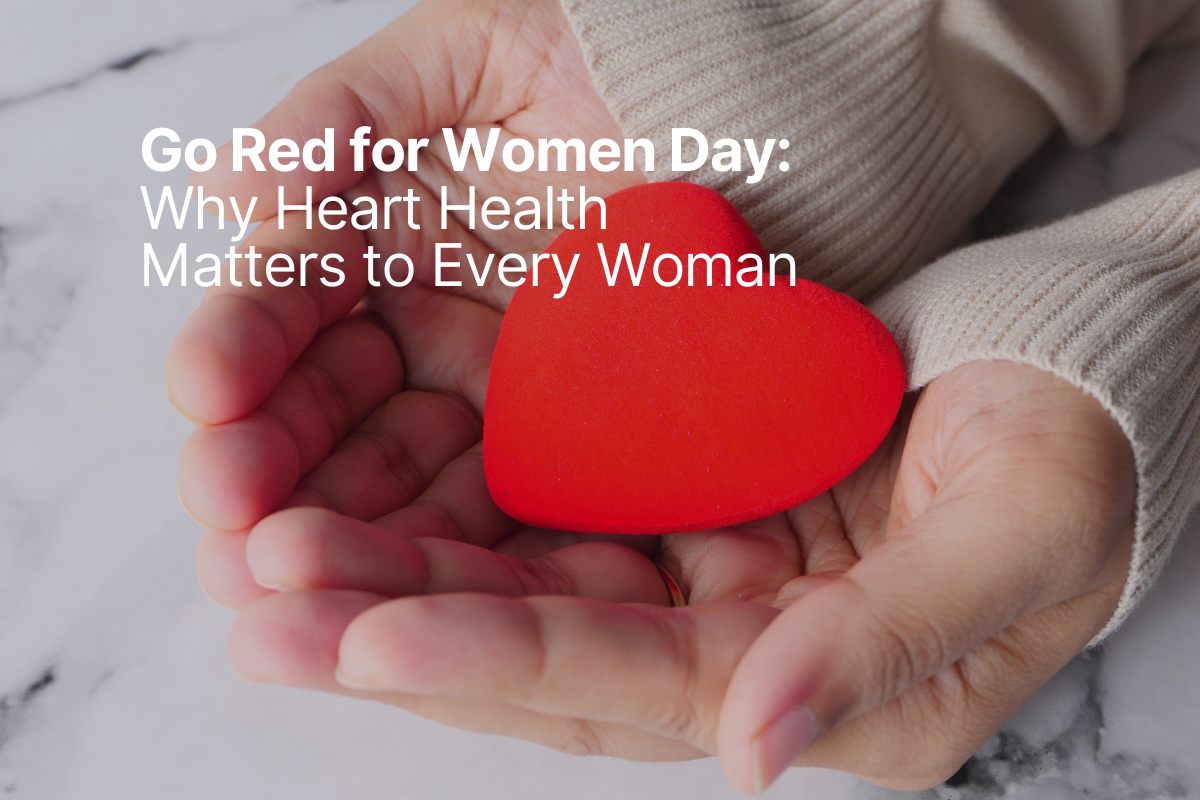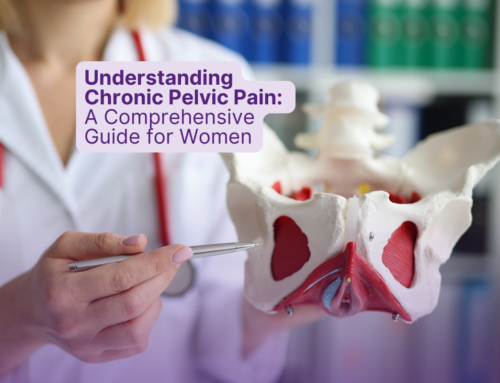
Hormone Replacement Therapy (HRT) is a common and effective treatment for managing menopause symptoms—but is it the right choice for you? In this blog for A Woman’s Place in Naples, FL, we’ll explore the benefits, potential risks, and alternative options to help you make an informed decision about your care.
Learn more or request an appointment here: https://www.awpnaples.com/news-and-events/
What Is Hormone Replacement Therapy?
HRT is a treatment used to relieve symptoms of menopause by supplementing the body with estrogen and/or progesterone. These hormones naturally decline during perimenopause and menopause, often triggering a range of physical and emotional changes.
There are two main types of HRT:
- Estrogen-only therapy (for women who’ve had a hysterectomy)
- Combination therapy (estrogen plus progesterone, for women who still have a uterus)
HRT is available in several forms, including pills, patches, gels, creams, vaginal rings, and even bioidentical hormones.
What Are the Benefits of HRT?
HRT is considered one of the most effective ways to relieve menopausal symptoms and improve quality of life for many women. Benefits may include:
- Relief from hot flashes and night sweats: One of the primary reasons women seek HRT.
- Improved sleep and mood: By stabilizing hormone levels, HRT may ease insomnia and reduce anxiety or depression.
- Vaginal health: Helps reduce vaginal dryness, discomfort during sex, and urinary symptoms.
- Bone protection: Estrogen therapy can reduce the risk of osteoporosis and fractures.
- Support for heart health: For some younger postmenopausal women, HRT may have cardiovascular benefits when started near the onset of menopause.
What Are the Risks of HRT?
While HRT can be life-changing for some, it’s not without potential side effects or risks, especially depending on a woman’s age, health history, and type of therapy used.
- Increased risk of blood clots and stroke (especially with oral estrogen)
- Higher breast cancer risk with long-term use of combination HRT
- Possible gallbladder issues
- Not recommended for women with a history of breast cancer, certain heart conditions, or blood clotting disorders
Discussing your personal and family medical history with your OB/GYN is essential before starting HRT.
Are There Alternatives to HRT?
Yes—if HRT isn’t right for you, there are effective alternatives to consider:
- Lifestyle changes
- Regular exercise
- Limiting alcohol and caffeine
- A balanced diet rich in calcium and vitamin D
- Stress management techniques like yoga or meditation
- Non-hormonal medications
- SSRIs or SNRIs for hot flashes and mood
- Gabapentin or clonidine for night sweats
- Vaginal estrogen alternatives
- Moisturizers and lubricants for vaginal dryness
- Local (low-dose) vaginal estrogen for targeted relief with minimal systemic absorption
- Complementary approaches
- Acupuncture, herbal supplements (like black cohosh or evening primrose oil)—though these should be used cautiously and under medical guidance.
Is HRT Right for You?
The best approach to managing menopause is the one that works for your unique body and health profile. At A Woman’s Place in Naples, FL, our board-certified OB/GYNs take the time to assess your symptoms, review your risks, and guide you through the best treatment options—whether that’s HRT or an alternative.
You don’t have to suffer through menopause—help is available.
Book a consultation today: https://www.awpnaples.com/news-and-events/
Further Reading
Hormone Replacement Therapy (HRT) is a common and effective treatment for managing menopause symptoms—but is it the right choice for you? In this blog for A Woman’s Place in Naples, FL, we’ll explore the benefits, potential risks, and alternative options to help you make an informed decision about your care.
Learn more or request an appointment here: https://www.awpnaples.com/news-and-events/
What Is Hormone Replacement Therapy?
HRT is a treatment used to relieve symptoms of menopause by supplementing the body with estrogen and/or progesterone. These hormones naturally decline during perimenopause and menopause, often triggering a range of physical and emotional changes.
There are two main types of HRT:
- Estrogen-only therapy (for women who’ve had a hysterectomy)
- Combination therapy (estrogen plus progesterone, for women who still have a uterus)
HRT is available in several forms, including pills, patches, gels, creams, vaginal rings, and even bioidentical hormones.
What Are the Benefits of HRT?
HRT is considered one of the most effective ways to relieve menopausal symptoms and improve quality of life for many women. Benefits may include:
- Relief from hot flashes and night sweats: One of the primary reasons women seek HRT.
- Improved sleep and mood: By stabilizing hormone levels, HRT may ease insomnia and reduce anxiety or depression.
- Vaginal health: Helps reduce vaginal dryness, discomfort during sex, and urinary symptoms.
- Bone protection: Estrogen therapy can reduce the risk of osteoporosis and fractures.
- Support for heart health: For some younger postmenopausal women, HRT may have cardiovascular benefits when started near the onset of menopause.
What Are the Risks of HRT?
While HRT can be life-changing for some, it’s not without potential side effects or risks, especially depending on a woman’s age, health history, and type of therapy used.
- Increased risk of blood clots and stroke (especially with oral estrogen)
- Higher breast cancer risk with long-term use of combination HRT
- Possible gallbladder issues
- Not recommended for women with a history of breast cancer, certain heart conditions, or blood clotting disorders
Discussing your personal and family medical history with your OB/GYN is essential before starting HRT.
Are There Alternatives to HRT?
Yes—if HRT isn’t right for you, there are effective alternatives to consider:
- Lifestyle changes
- Regular exercise
- Limiting alcohol and caffeine
- A balanced diet rich in calcium and vitamin D
- Stress management techniques like yoga or meditation
- Non-hormonal medications
- SSRIs or SNRIs for hot flashes and mood
- Gabapentin or clonidine for night sweats
- Vaginal estrogen alternatives
- Moisturizers and lubricants for vaginal dryness
- Local (low-dose) vaginal estrogen for targeted relief with minimal systemic absorption
- Complementary approaches
- Acupuncture, herbal supplements (like black cohosh or evening primrose oil)—though these should be used cautiously and under medical guidance.
Is HRT Right for You?
The best approach to managing menopause is the one that works for your unique body and health profile. At A Woman’s Place in Naples, FL, our board-certified OB/GYNs take the time to assess your symptoms, review your risks, and guide you through the best treatment options—whether that’s HRT or an alternative.
You don’t have to suffer through menopause—help is available.
Book a consultation today: https://www.awpnaples.com/news-and-events/










